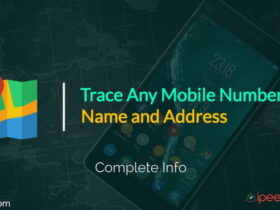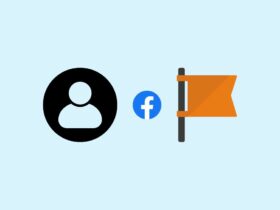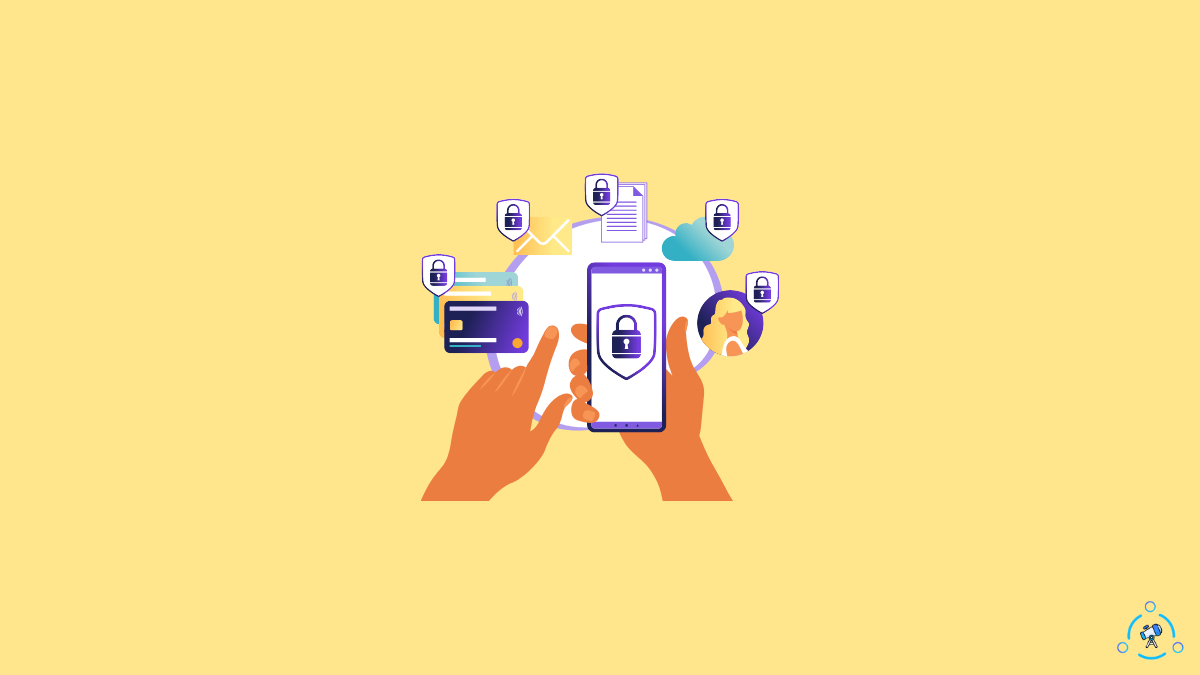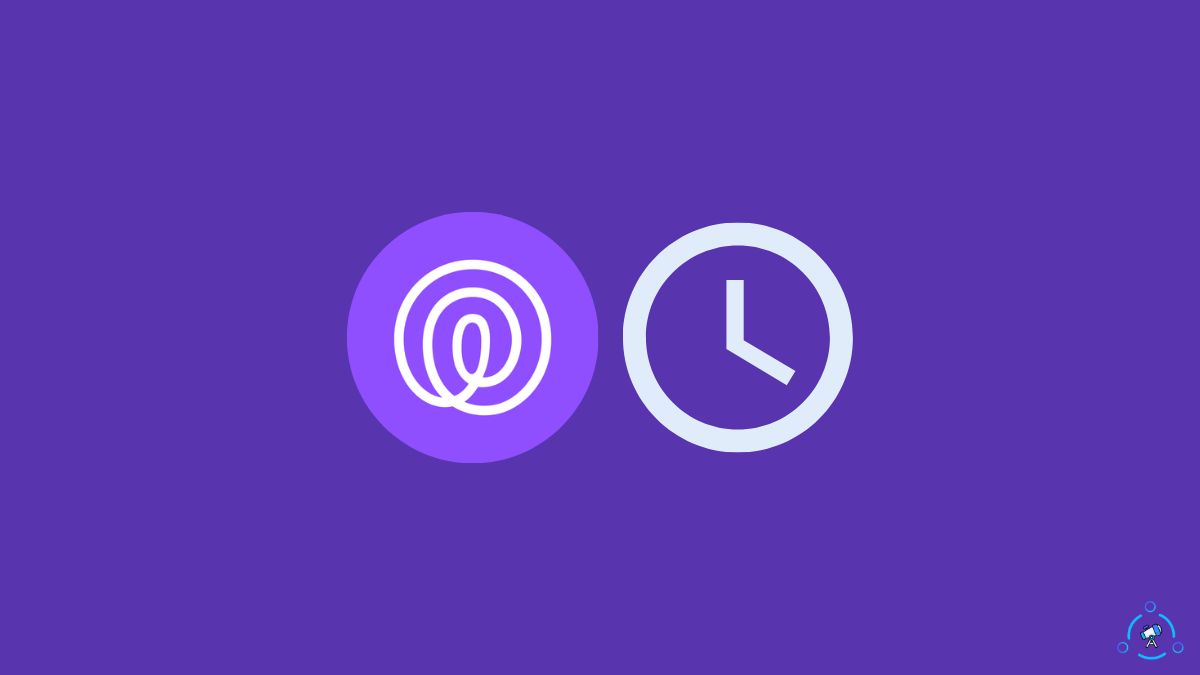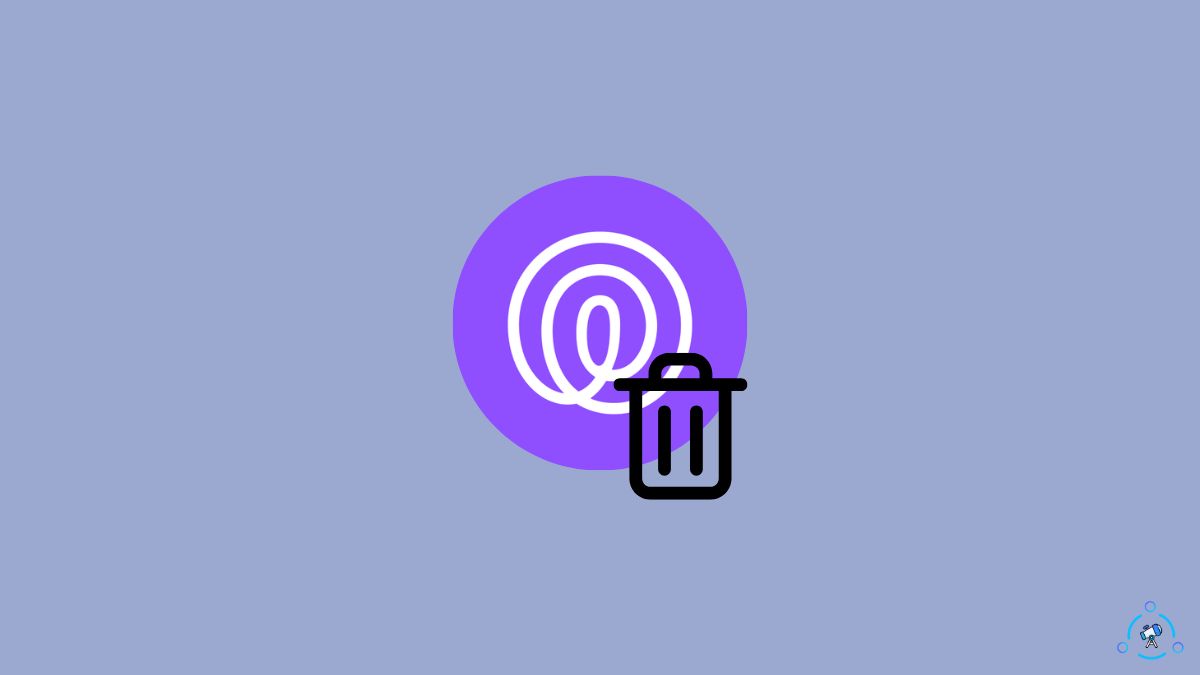We are in the world of the internet. One thing to realize is that in this digital world, everything leaves a trace, whether you want it to or not. Every website and application you use possibly tracks your IP address, so if someone wanted to find out who you are, all they would have to do is go through the stored “IP logs” that they have recorded.
If you want to protect your personal information when you’re online, The first step is to use the best virtual private network (VPN). Despite the bad name they got in the past, VPNs are now completely safe and private.
iTop VPN is a good shot which can protect your data and provide anonymity over the internet.
Following is the list of these steps you can take to search the Web and protect yourself from cyber voyeurs. These tips are especially useful if you are surfing in a public place, like a library or coffee shop.
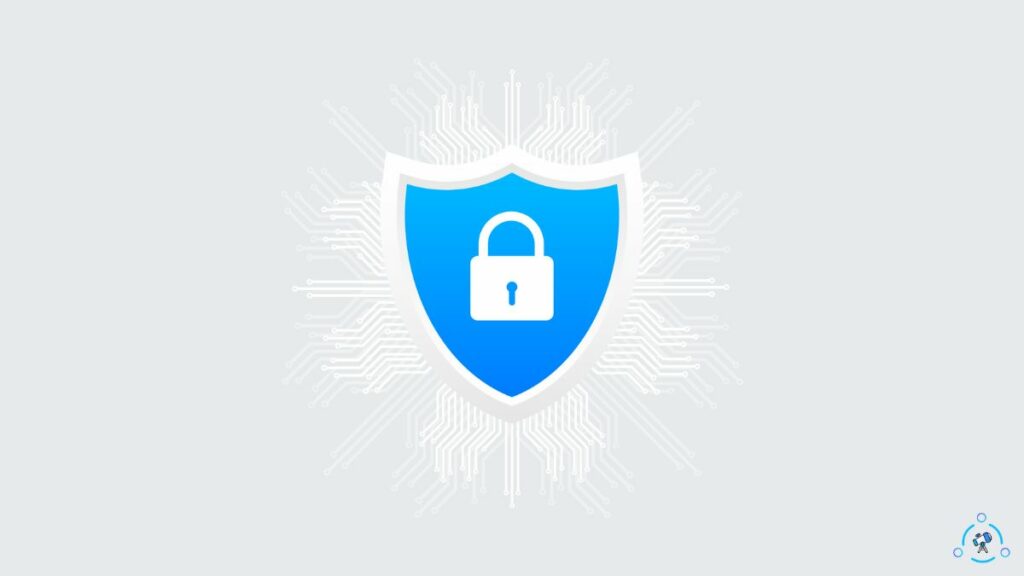
1. Use the iTop VPN
I believe that the best and safest way to surf the web anonymously is to use a VPN. A VPN or Virtual Private Network acts as an intermediary between your computer and the internet. It hides your browsing from third parties, and it makes you appear to be in the location of the nearest server.
iTop VPN has 2 version for users. It provides a free VPN service as well as upgraded VIP service. Built by a team of network security experts, it is the best and safest way to surf the web anonymously. Unlike some other VPN providers, They never store user information or activity logs. They run their own data centers, which means it will not outsource your data to third parties.
The provided servers are state-of-the-art and employ encryption protocols. Instead of storing logs and requiring passwords for customer support access, iTop VPN uses a separate customer support portal for immediate and effective communication with users, both before and after a purchase.
2. Use the Settings on Your Browser
If you’re using a public or own computer, go to the browser setting and choose a private browsing mode. This prevents websites from linking to or saving information on your computer.
You can also delete cookies, which are files containing information that some websites save to your computer when you visit them. While in a private window, it’ll keep your activity and location private from prying eyes.
By default, try browsing without scripts and cookies turned on for extra security. You should also go to the settings on your browser to turn off tracking. While you’re there, check that you don’t have some Java or Adobe Flash plugins enabled that leak your details to snoopers.
3. Use an Encrypted Messaging App
While the public has been restrained for years from using the email services of big social media platforms, the time has come to control their information. At times you might need absolute privacy with respect to your communications.
This is where encrypted messaging apps have come into play. These apps allow you to get private communication without any security risk.
One of the biggest dangers associated with the internet is a possible breach in personal data. For any number of reasons, your private communication could fall into the hands of third parties when you really want to keep it private.
When you use email and text messaging you are broadcasting your communications to the world at large. What’s even more disconcerting is that information received by third parties could easily be accessed by individuals you may not have intended to communicate that information to.
To avoid these types of risks you can use an encrypted messaging app. This app provides the best Confidentiality in your message.
4. Update Your Cyber Security Game
The earliest cyber attacks were carried out by individuals, either for monetary gain or as a way to prove their technological prowess. Today, however, most cyber crime is conducted by organized groups or organizations with a profit motive.
These days it seems that almost any internet-based service (from email and web search to mobile apps and smart home devices) may be at risk of being compromised.
And while you may not think very much about your antivirus software or home network security, they’re still your first line of defense against hackers—and they need continual updates so they’re always ready to thwart attacks.



